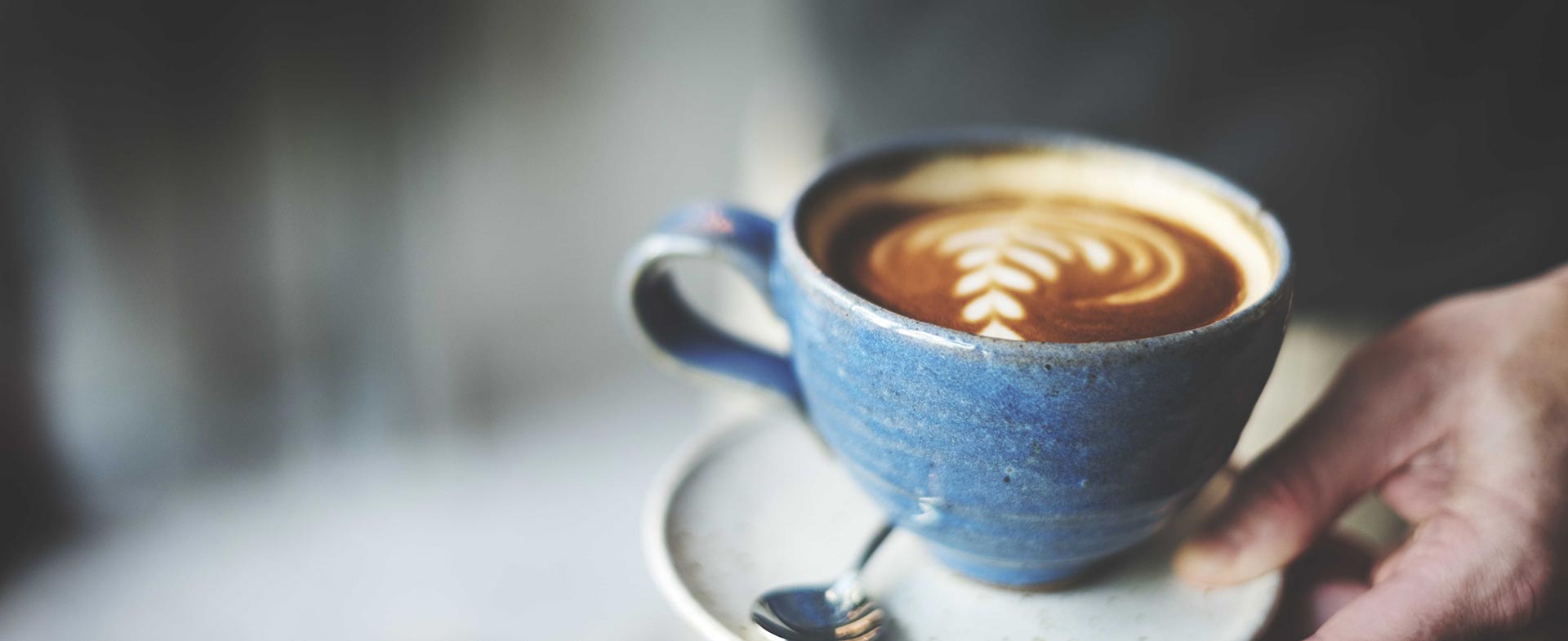In recent years, there has been a lot of back and forth about coffee. One day drinking a couple of cups of joe is good for you. The next, not so much. No wonder java junkies are left scratching their heads.
First, the good news: Getting your daily coffee fix can offer benefits. Not only does a morning brew give you a much-needed energy boost and improved focus, it also delivers a hefty dose of antioxidants – some of which are also found in fruits and vegetables.
Plus, recent research links coffee to certain health perks. A study out of Europe reported that people who drink the beverage daily have a significantly lower risk of death than those who don’t. The study suggested that daily coffee drinking protects against everything from heart disease and cancer to stroke and diabetes. Other studies suggest coffee has neuroprotective effects, meaning it may help ward off diseases such as Parkinson’s, Alzheimer’s and dementia.
The caveat: Not all coffee is created equal.
Black coffee is nearly calorie-free, but cafe-inspired creations, such as lattes, cappuccinos, frozen coffee drinks or even plain iced coffee with milk and sugar typically come packed with calories and saturated fat.
Follow these tips to make sure you’re keeping your morning joe as healthy as you can:
- Stick with black. Instead of ordering a gussied up coffee concoction, drink black coffee or straight espresso with hot water (like an Americano).
- Request cream and sugar on the side. If black coffee isn’t for you, that doesn’t mean you have to sidestep it all together. But even a standard iced coffee at a fast food joint or a coffee with cream and sugar from a coffee shop drive-thru can come to loaded with the equivalent of multiple creamers and teaspoons of sugar. Order milk or cream and sugar on the side so you can control the amount used.
- Skip calorie-laden syrups and extras. If you’re a sucker for blended coffee drinks, ask the barista to make yours with skim milk, half the flavoring and nix the whipped cream, caramel sauce and chocolate syrup.
In addition to restricting calorie-packed extras, people with certain medical conditions, including high blood pressure (also called hypertension) and women who are pregnant or breastfeeding, should not go overboard on the java. Health authorities agree that pregnant and breastfeeding women should limit coffee to two or three eight-ounce cups daily. And while studies show that coffee does not cause hypertension, it does spike blood pressure levels for a short period of time.
Equally important, it’s never a good idea to rely on coffee – or any caffeine source – for a late afternoon pick-me-up. Drinking caffeinated coffee late in the day can interfere with your sleep patterns, unless of course you work a night shift or have a schedule that allows for late nights. In fact, it’s best to avoid caffeine within six hours of whatever your bedtime is because coffee stays in your system several hours after your last sip.
So while it may be good to the last drop, coffee is best sipped in moderation – and generally when the sun is rising rather than setting.
You can read more nutrition and fitness advice in our EatWell and MoveWell sections.



